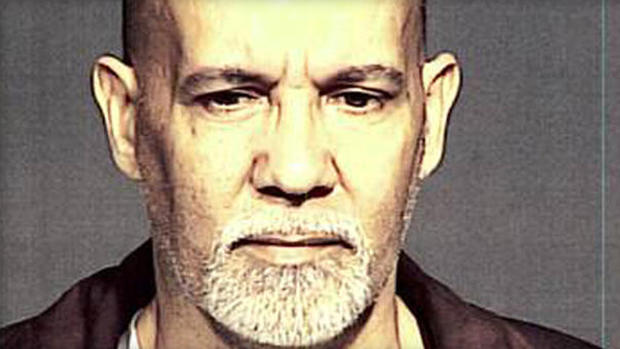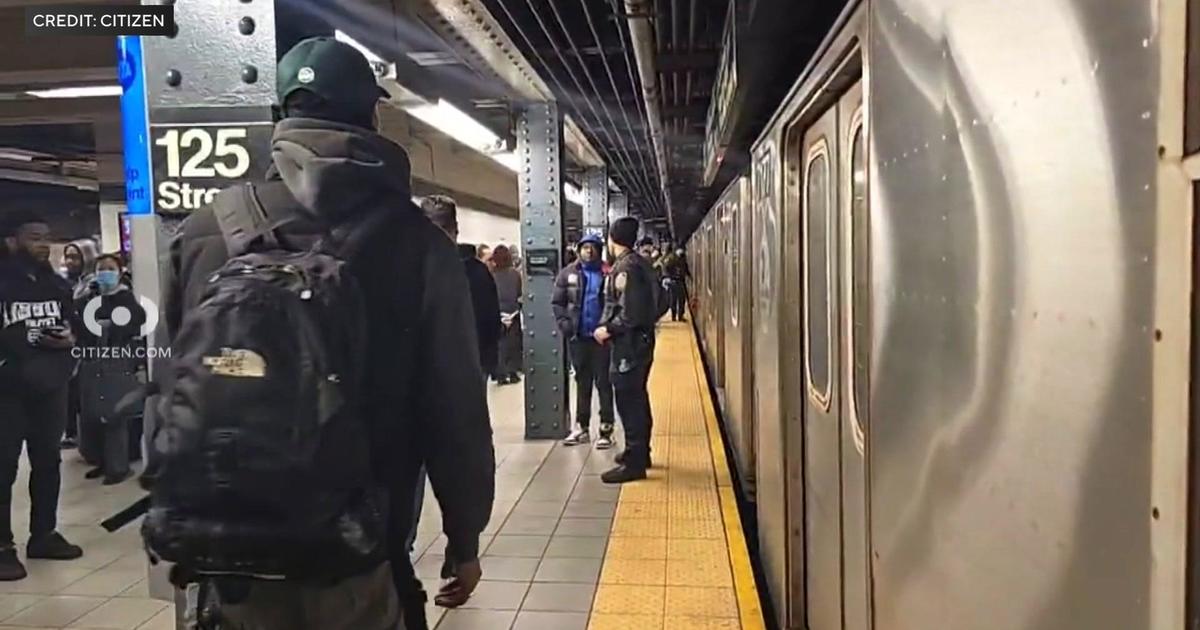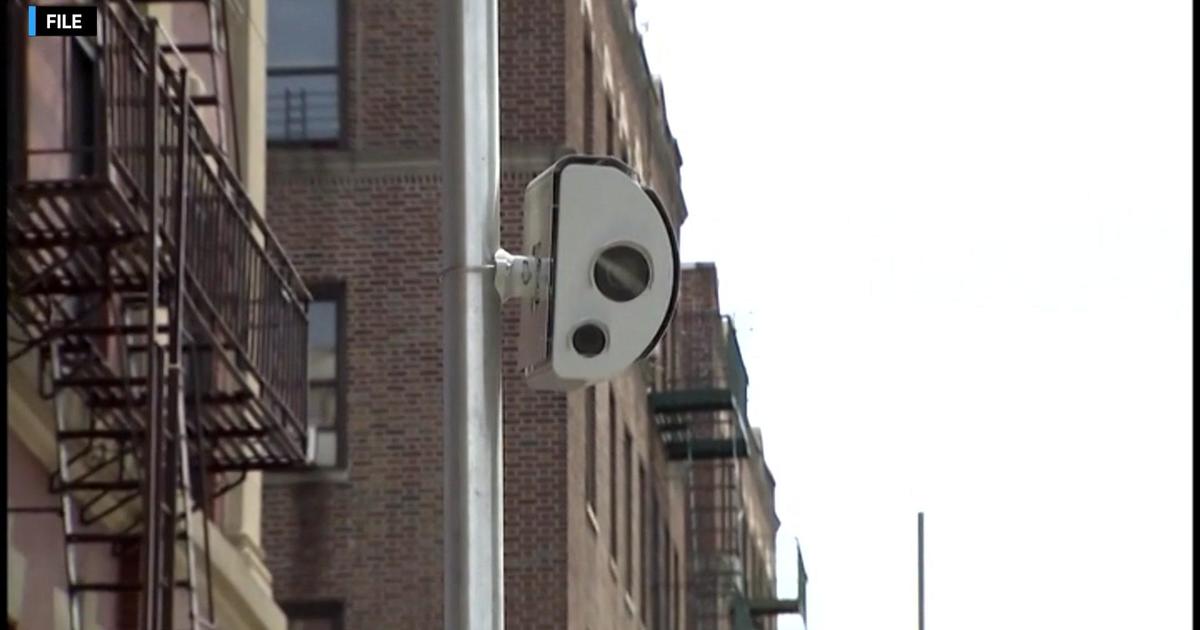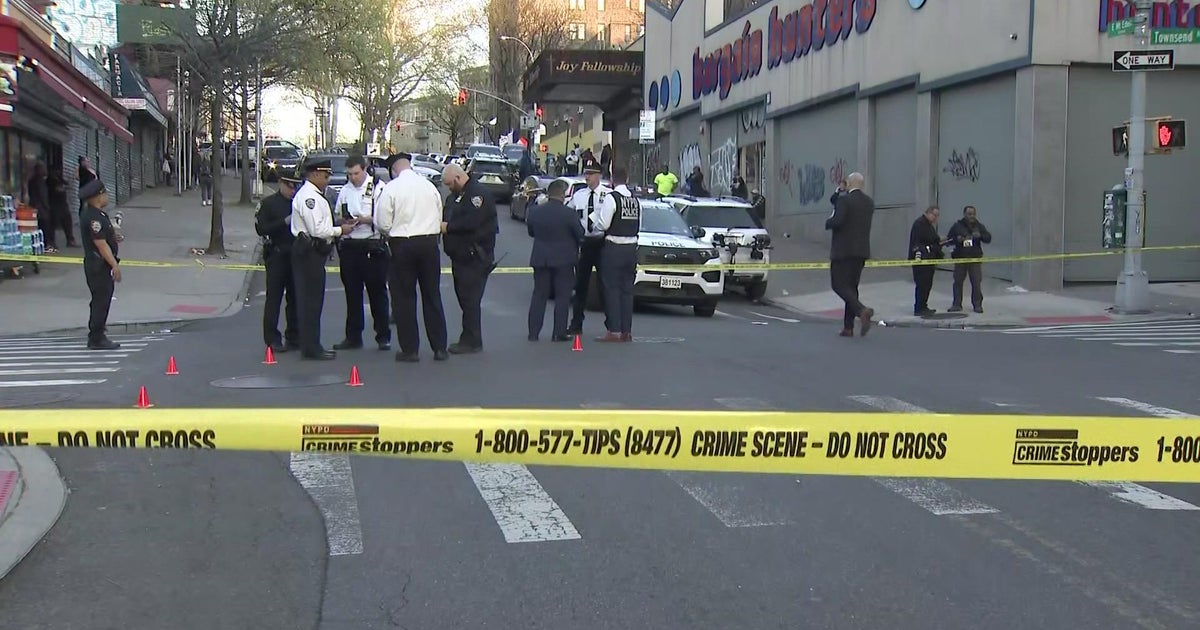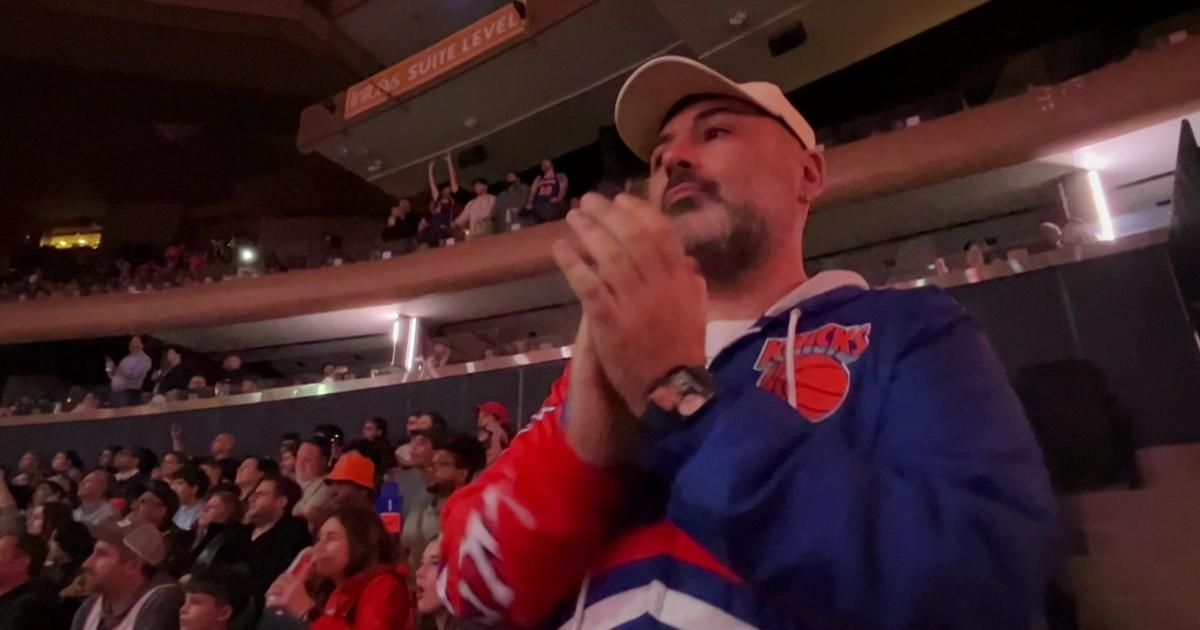Etan Patz's Family Finds Answers Despite Mistrial
NEW YORK (CBSNewYork/AP) -- For decades, the father of Etan Patz believed he knew who killed his 6-year-old son on the way to school in 1979, and it wasn't the man whose trial he just endured.
But after hearing every word of nearly three months of testimony, Stan Patz is sure that Pedro Hernandez kidnapped and killed Etan -- even if the jury wasn't.
"The family of Etan Patz has waited 36 years for an explanation as to what happened to our sweet little boy," his father said after a hung jury spurred a mistrial Friday. After hearing prosecutors' case against the former corner-store clerk who gave what his defense called a false confession in 2012, Patz said, "I'm convinced. ... It makes sense, from beginning to end.''
As the trial ended unresolved, even Patz's new certainty marked another twist in his family's painful trajectory in trying to get answers and justice.
The investigation stretched across decades and continents. For years, Patz and many others blamed Jose Ramos, a convicted pedophile acquainted with a woman who sometimes walked Etan home from school. Patz was so sure he mailed a copy of Etan's missing poster to Ramos in prison each year, asking: "What did you do to my little boy?"
Prosecutors have asked the judge to set a new court date next month but haven't specifically said whether they will again try the case, which made Etan's face one of the first missing-children appeals to appear on milk cartons. Its impact is echoed every May 25 -- National Missing Children's Day, the anniversary of his disappearance.
After Ramos emerged as a suspect in the 1980s, was convicted of sexually assaulting boys in Pennsylvania and told federal authorities about interacting with a child he was all but sure was Etan on the day he vanished, Stan Patz plunged into efforts to hold Ramos accountable. Ramos has denied involvement in Etan's death.
Patz filed a suit that led to a finding that Ramos was responsible, by default, after he stopped cooperating with questioning. Manhattan prosecutors concluded there wasn't enough evidence to charge Ramos criminally, but current DA Cyrus R. Vance Jr. pledged to re-examine the case after meeting with Patz while campaigning in 2009.
Then a 2012 tip led to Hernandez, 54, of Maple Shade, New Jersey, who had worked at a shop by Etan's school bus stop. Police learned that he'd told people years before on three separate occasions that he'd killed a child in New York. Then he confessed to police he'd choked Etan and left his body -- never found -- in a box in an alley.
Patz said he asked Vance early on to persuade him that he had a better case against Hernandez than Ramos. Vance assured him he'd be convinced by the trial, Patz said.
And he was, although considerable evidence about authorities' investigation into Ramos also was aired in the courtroom.
It was clear how firmly some considered Ramos to be responsible for Patz's death from the testimony of Stuart GraBois, the former federal prosecutor who investigated the case for years and counts Stan Patz among his closest friends.
GraBois testified for the defense and said in court that Ramos had confessed to "kidnapping and murdering Etan Patz," before correcting himself to say there was no confession. While Stan Patz said Friday that GraBois "deserved a medal" and lauded his efforts, he said they led to the wrong guy.
"It became apparent that all we had was suspicion. We had no facts," Patz said.
Meanwhile, Patz said he found Hernandez's confessions chillingly powerful. And he viewed the defense's false-confession argument -- which centered on mental illness and a very low IQ -- as "psychobabble."
"He is a guilty man who has been conscience-stricken, due to his deeds, and haunted by demons ever since that day," he said.
But Hernandez's defense portrayed him as a suggestible man confused about what was real and imaginary, haunted by hallucinations and worn down by more than six hours of police questioning.
"Nothing that occurs in the course of this trial," defense lawyer Harvey Fishbein said when Hernandez was indicted, "will answer what actually happened to Etan Patz."
Eleven jurors ultimately felt it did, voting to convict Hernandez. Outside court, several said his psychological problems didn't outweigh what they saw as credible confessions. The lone dissenter said he felt Hernandez's mental health was a major factor and the evidence too circumstantial to convict.
"For me, his confession was very bizarre," the juror, Adam Sirois, said. "No matter how many times it happened, it got more and more bizarre. And I feel that the initial confession, there were lots of issues surrounding custody; surrounding Miranda rights."
Hung juries account for about 5 to 6 percent of felony trials in state courts and 2.5 percent in federal courts, said Valerie Hans, a Cornell Law School professor who co-authored a 2002 study of the issue. Earlier research found about one-third of deadlock cases were retried, with the rest being dismissed or plea-bargained by prosecutors, she said. In retrials around the country, there have been convictions, acquittals and repeat deadlocks.
Retrials mean reassembling witnesses -- in this case, ones who were called in after 35 years. And the extensive media coverage of the trial could further complicate already weekslong jury selection, notes Larry Cunningham, the associate academic dean at St. John's University school of Law and a former prosecutor.
But in any retrial, both sides go in with their opponents' playbook.
"You pick up bits and pieces that you didn't have going into the first trial, and now you've had the opportunity to review, review, review and cross-examine the living daylights out of somebody," says Barry Slotnick, a New York defense lawyer who said he has retried about eight cases, all ending in acquittals.
In Hernandez' case, prosecutors also had a chance to see how key defense issues -- particularly, pointing to Ramos -- would play out, notes Richard Klein, a Touro Law Center professor and former defense lawyer. They could use the experience to strengthen their attack in a retrial, he said.
Meanwhile, Stan Patz isn't shaken by the fact that the jury didn't see the case as he did.
Jurors deliberated for 18 days, he noted, but ``I've had 35 years to think about this.''
(TM and © Copyright 2015 CBS Radio Inc. and its relevant subsidiaries. CBS RADIO and EYE Logo TM and Copyright 2015 CBS Broadcasting Inc. Used under license. All Rights Reserved. This material may not be published, broadcast, rewritten, or redistributed. The Associated Press contributed to this report.)
